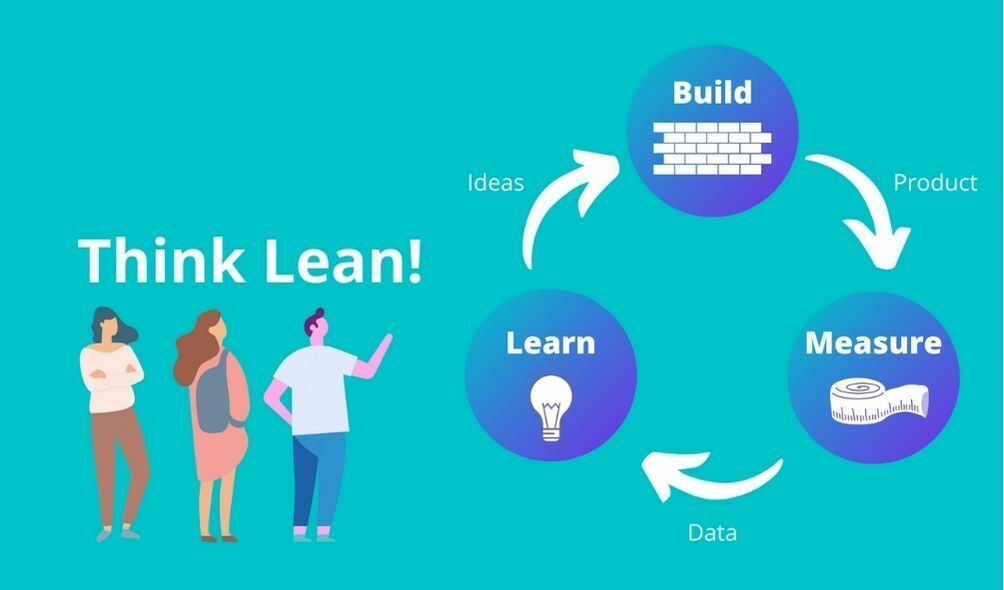What is Lean Startup Methodology?
If you are an entrepreneur and you had an idea on launching a startup, then you must have heard about the “lean startup methodology”. Entrepreneurs usually build their product for their startup and then they assume that customers will flock around to buy them which is the incorrect way of approaching this scenario. Lean Startup methodology provides you with a step-by-step and scientific approach to launching a startup that will take feedback from the users to guide you and then enhance the development of your product.
The methodology provides some very key differences between the traditional business models and the startups. It stems from innovations as opposed to a rigid business model that is already in use and still being used by many companies around the world.
Principles of the Lean Startup Methodology
Let us, deep-dive, into some of the principles of the lean startup methodology,
- Entrepreneurs are ubiquitous
If you own a startup firm, then you are an entrepreneur who can apply the lean startup methodology. Irrespective of the space that you are working at, be it your living room or garage, or office space; if you can save time and space and this methodology works for you, go for it.
- Management
Startups also need management. The process will not be traditional but entrepreneurship involves non-protocol-based and risk-inclined management which you might have to employ.
- Validated Learning
Lean startups are about creating a viable business model through validated learning. This will mean considering the above points and accordingly basing your decisions.
- Innovation Accounting
If you have a startup, and you have the lean methodology in place then entrepreneurs would need to objectively monitor their progress, set up deadlines, and make the right decisions as per the relevant data.
- Build, measure, learn
This loop enables validated learning through minimum viable products where the experiments are conducted. This is one of the main principles of the lean startup methodology.
Business Model Creation
Business models are the baseline of any business, and one of the easiest ways to make it is through a standard business canvas or a one-page business plan. The reason for making it this simple is because lean startups are dynamic and fast-paced. It keeps the entrepreneurs on their toes which is why a one-page business model is an obvious choice.
This is the point where you initiate the problem-solving process, create your hypothesis and a plan of action. This now takes us to the following part of the process, which is the three stages of the lean startup, and these are as follows,
- Problem/Solution Fit – Validating that the issue to be resolved is genuine, do customers want a solution to this problem, and would they pay you for it?
- Product/Market Fit – You should be validating the MVP (Minimum Viable Product) and the business model. Your product will then be trying to mitigate the customer issues based on how you have designed it and will also determine if it is fit for the market.
- Growth Stage – Once your startup is fully functional you would need to think about growth opportunities and scaling the product to a wider range of customers. Funds would need to be brought in and this will require making your product better for a smoother experience.
Conclusion
Lean Startup Methodology is helpful if entrepreneurs want a scientific, proven, and step-by-step way to create a startup. It provides them with options and opportunities as per the relevant data it pulls which in turn is helpful to build a startup that is sustainable in the long run.

